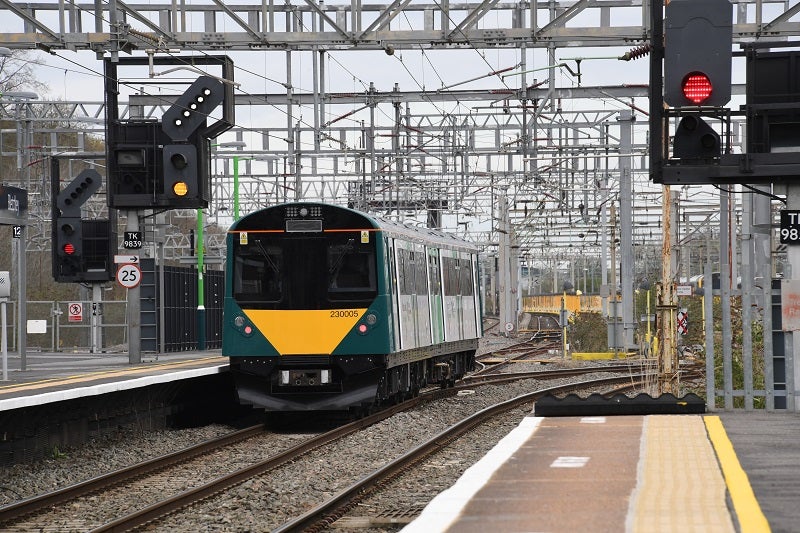
Vivarail is set to unveil its battery train at the 2021 United Nations Climate Change Conference (COP26) alongside Network Rail.
The zero-emission train will provide services regularly throughout the international climate change conference.
They feature new Vivarail-developed batteries with a ‘Fast Charge’ system, offering maximum range and full recharge in ten minutes.
Vivarail’s battery train can cover up to 128.74km using battery power.
Financially backed by an Innovate UK grant, the system will commence its final phase of Network Rail approvals soon.
As part of the cooperation across the rail sector for COP26, Vivarail also obtained support from SLC Operations, Alstom and VTG with drivers, electrical charging and transport.
How well do you really know your competitors?
Access the most comprehensive Company Profiles on the market, powered by GlobalData. Save hours of research. Gain competitive edge.

Thank you!
Your download email will arrive shortly
Not ready to buy yet? Download a free sample
We are confident about the unique quality of our Company Profiles. However, we want you to make the most beneficial decision for your business, so we offer a free sample that you can download by submitting the below form
By GlobalDataNetwork Rail, along with Porterbrook, will also showcase HydroFLEX, a hydrogen-powered train, at COP26’s fringe event.
Vivarail managing director Steve McBride said: “Our R&D team has spent three years developing these new batteries, working with specialists Hoppecke. The result is a new traction and charging system able to convert diesel stock or act as range extenders on other types of electric train.
“We have already sold our first train to the United States, with a second on order.”
Last October, Network Rail committed to cutting down emissions in line with the Paris Agreement that seeks to limit global warming to 1.5°C, becoming the first railway company in the world to do so.
To attain this goal, the company has been focusing on decarbonising traction energy through overhead line electrification and utilising alternative fuels, such as battery and hydrogen trains.
Network Rail aims to minimise its absolute scope 1 and 2 greenhouse gas emission by 46% by 2029.
In the same period, it seeks to lower its absolute scope 3 indirect emissions by 28%.
Earlier this month, a consortium led by Thales Ground Transportation Systems secured a contract from Network Rail to develop and test fibre optic acoustic sensing technology.



